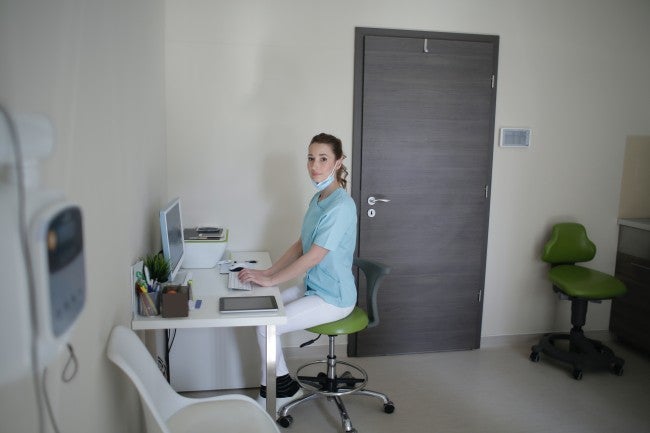What exactly is evidence-based nursing practice? Nursing evidence-based practice
Florence Nightingale, the legendary founder of modern nursing, was also known for being an outspoken social reformer and persistent statistician in the 1800s, in addition to caring for fallen warriors. The "Lady with the Lamp" meticulously recorded medical statistics linking illnesses to injuries. Nightingale was able to draw inferences from this chronicle that would have a tremendous impact on modern medicine, such as linking filthy settings and poorly ventilated places to a patient's worsening health. Her efforts are an excellent example of evidence-based practice (EBP), which is the process of gathering, analyzing, and implementing research findings to enhance clinical practice and patient outcomes. The evidence-based nursing problem-solving approach's ultimate purpose is to assist nurses in providing the highest-quality, most cost-effective care possible. Most nursing degrees, including RN-to-BSN programs, now include evidence-based nursing practice as part of the curriculum.
 What is the significance of evidence-based practice?
Evidence-based practice and its tenets, sometimes known as "levels of evidence," are critical for all clinicians, including nurses. EBP, according to nurse.com, directs how much nurses and other clinicians should rely on "a study, report, practice alert, or clinical practice guideline in making decisions about a patient's care."
The following are some of the advantages of EBP in nursing:
Providing nurses with scientific research to help them make informed decisions.
Inspiring nurses to give personalized patient care.
Improving time management in nursing by increasing efficiency.
Advising on the incorporation of new technologies into healthcare practice.
Assisting nurses in determining the best course of action for care delivery.
Assisting nurses in staying current on new medical protocols for patient care.
Patients' chances of recovery are improved since decisions are based on documented interventions that match their patient profiles.
Providing nurses with the ability to analyze studies in order to better understand the hazards or effectiveness of therapies or diagnostic tests.
Improving patient outcomes, which can lead to lower demand for healthcare resources and lower costs.
What is the significance of evidence-based practice?
Evidence-based practice and its tenets, sometimes known as "levels of evidence," are critical for all clinicians, including nurses. EBP, according to nurse.com, directs how much nurses and other clinicians should rely on "a study, report, practice alert, or clinical practice guideline in making decisions about a patient's care."
The following are some of the advantages of EBP in nursing:
Providing nurses with scientific research to help them make informed decisions.
Inspiring nurses to give personalized patient care.
Improving time management in nursing by increasing efficiency.
Advising on the incorporation of new technologies into healthcare practice.
Assisting nurses in determining the best course of action for care delivery.
Assisting nurses in staying current on new medical protocols for patient care.
Patients' chances of recovery are improved since decisions are based on documented interventions that match their patient profiles.
Providing nurses with the ability to analyze studies in order to better understand the hazards or effectiveness of therapies or diagnostic tests.
Improving patient outcomes, which can lead to lower demand for healthcare resources and lower costs.
Order Now